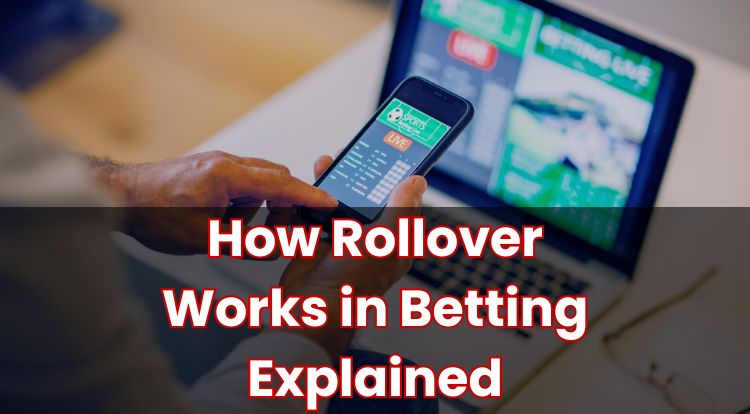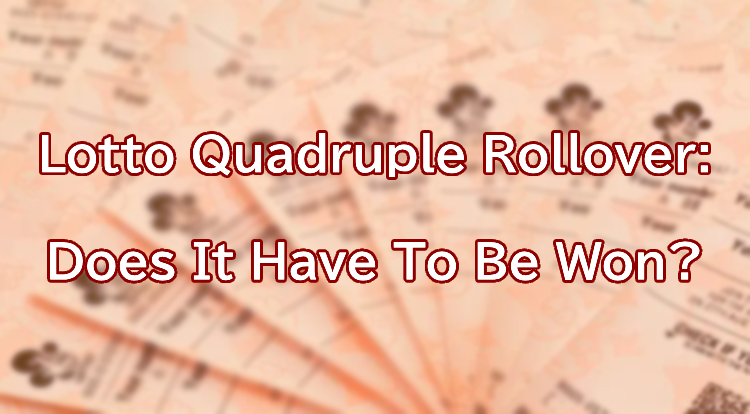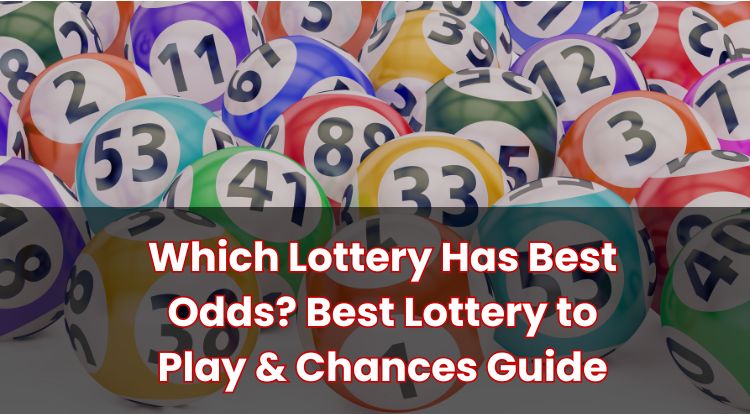What Is A Lottery Rollover?
People who take part in lottery games might come across the term “lottery rollover” without knowing exactly what it means. Understanding what this is may help them feel more informed about how lottery draws work.
A lottery rollover affects the potential jackpot, which may grow when there is no winner. This can change both the size of the prize and when it is awarded. Different lotteries have their own rules about how rollovers happen.
In this blog post, we will explore what lottery rollovers are and the impact they have on potential prizes.
What Are Lottery Rollovers?
A lottery rollover happens when no player matches all the numbers needed to win the jackpot in a draw. Without a winner, the prize money from that draw is not simply lost but may be added, or “rolled over,” to the jackpot for the next draw.
This rollover process typically allows the jackpot to grow bigger over time. The more rollovers that occur, the larger the potential jackpot prize may become in future draws.
It’s crucial for players to understand that while rollovers might increase the potential prize, it doesn’t change the odds of winning with a ticket.
Players should keep in mind that participating in lotteries should always be approached with responsible gambling practices. Being informed and aware of how rollovers operate might contribute to a more balanced gaming experience.
How Do Lottery Rollovers Work?
When a lottery draw takes place, and no ticket matches the winning numbers needed for the jackpot, the prize money may be carried over to the next draw. This process is what is known as a lottery rollover. With each consecutive rollover, the potential jackpot prize increases.
It is important to know that rollovers do not affect the odds of winning. Each ticket purchased in any draw maintains the same chance of winning, regardless of the jackpot amount.
Lotteries often have rules about how many rollovers might occur before the jackpot must be awarded. It might be helpful to check these rules, as they can vary depending on the specific lottery game.
How Many Times Can The Lottery Rollover?
The number of times a lottery might roll over depends on the specific rules of the game being played. Each lottery has its own set of guidelines regarding rollovers, which players can usually find in the terms and conditions.
Some lotteries have a cap on the number of rollovers allowed. When this limit is reached, typically, the prize must be won, either by distributing it among those who match fewer numbers or by other specific rules set by the lottery operator.
Other lotteries might continue rollovers until a ticket matches the winning numbers and claims the jackpot.
How Often Do Lottery Rollovers Happen?
The frequency of lottery rollovers depends largely on the specific lottery game and the odds of matching the winning numbers. Lotteries with longer odds might experience rollovers more regularly, as it may take more draws for a ticket to match all the necessary numbers.
Some popular lotteries may have frequent rollovers, especially those with larger player bases or more challenging winning combinations. On the other hand, lotteries with smaller odds of winning the potential jackpot might encounter rollovers less often.
Understanding the specifics of each lottery’s rules about rollovers can offer insight into how often rollovers might occur. This information is typically available with the lottery provider.
*The information provided in this blog is intended for educational purposes and should not be construed as betting advice or a guarantee of success. Always gamble responsibly.





